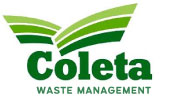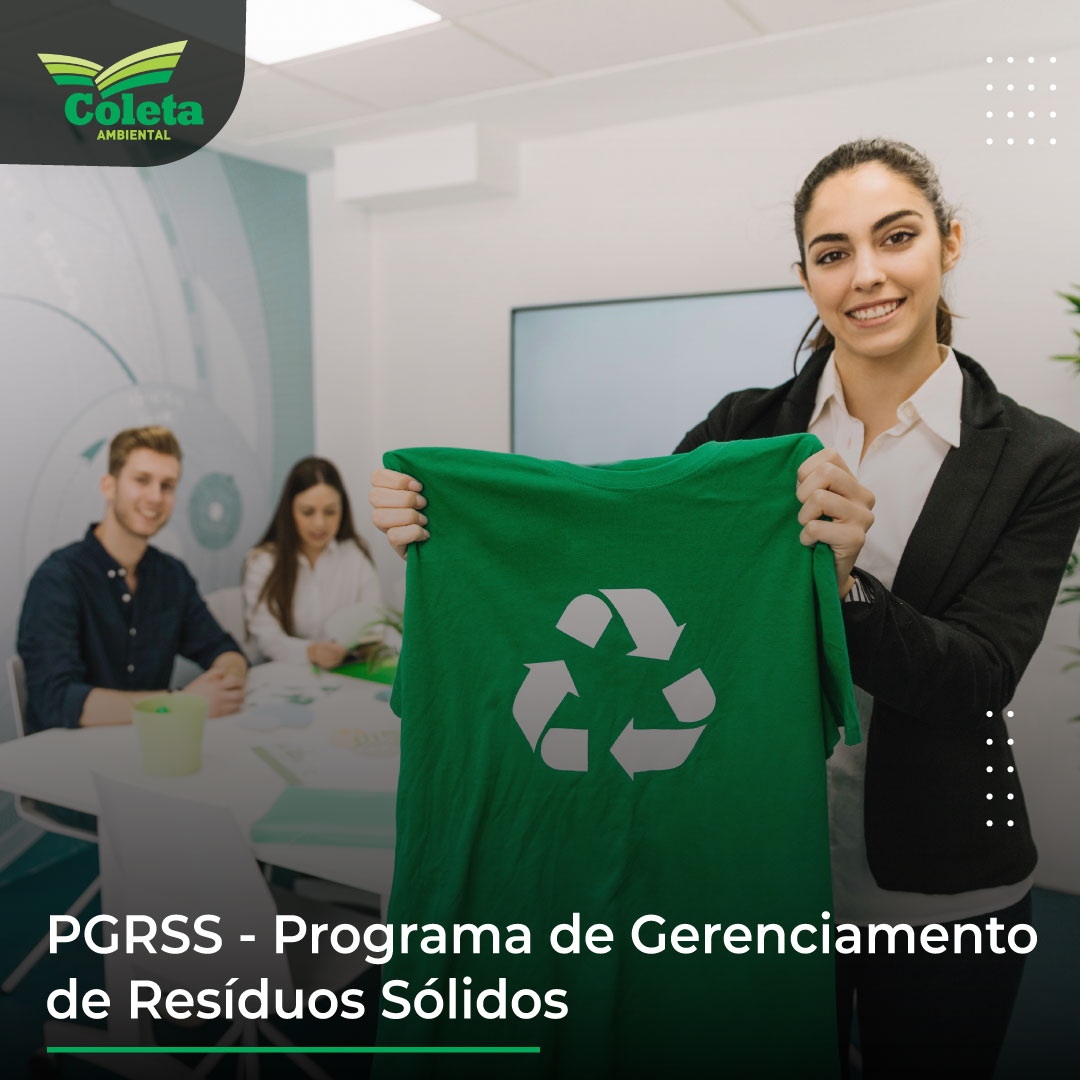Manter um meio ambiente saudável e evitar a contaminação de água, solo e ar é responsabilidade de todos nós. O manejo e gerenciamento de resíduos sólidos desempenha um papel importante para ajudar a preservar o meio ambiente, tornando-se também um importante meio de promover o bem-estar social. O Programa de Gerenciamento de Resíduos Sólidos (PGRSS), que é a área encarregada pelo tratamento de resíduos sólidos, é responsável por garantir a gestão adequada de todos os tipos de resíduos. Neste artigo, veremos o que é o PGRSS, como é o gerenciamento de resíduos sólidos e quais são as principais medidas tomadas para preservar o meio ambiente.
O que é o Programa de Gerenciamento de Resíduos Sólidos?
O Programa de Gerenciamento de Resíduos Sólidos (PGRSS) é uma política de governo responsável pelo controle dos resíduos sólidos. Na prática, o PGRSS fornece as linhas diretrizes para a coleta, transporte, armazenamento e tratamento dos resíduos sólidos gerados por todos os setores da sociedade.
Como funciona o gerenciamento de resíduos sólidos?
O gerenciamento de resíduos sólidos compreende a etapa de coleta, transporte, armazenamento, tratamento e disposição final. A coleta serve para separar os resíduos sólidos em categorias, como resíduos orgânicos, recicláveis e não recicláveis. O transporte é responsável por levar os resíduos de um lugar para outro, enquanto o armazenamento tem como objetivo manter os resíduos sob controle e evitar que eles sejam expostos aos elementos ambientais. O tratamento é a etapa na qual os resíduos são desmanchados, transformados em um novo produto ou compostos. Por último, a disposição de resíduos sólidos é feita de forma segura, assegurando que não haverá poluição ou contaminação do solo, água ou ar.
Quais são as medidas para gerenciar os resíduos?
Existem diversas medidas que podem ser tomadas para gerenciar os resíduos sólidos, incluindo:
- Implementação de programas de educação ambiental. Estes programas visam promover a conscientização dos cidadãos sobre os problemas ambientais relacionados aos resíduos, bem como o desenvolvimento de hábitos de consumo mais conscientes e responsáveis.
- Estabelecimento de programas de coleta seletiva. Esta medida tem como objetivo incentivar a triagem dos resíduos sólidos para que os materiais recicláveis possam ser separados e encaminhados ao processo de reciclagem.
- Promoção do reaproveitamento e da reciclagem de materiais. O reaproveitamento é uma ótima solução para os resíduos, pois possibilita a reutilização de materiais que seriam descartados como lixo. A reciclagem é ainda mais eficaz do que o reaproveitamento, pois permite a transformação dos materiais descartados em novos produtos.
- Implementação de planos de gerenciamento e monitoramento dos resíduos. Estes planos são fundamentais para a implementação de medidas eficazes de controle de resíduos sólidos. Por meio destes planos, é possível monitorar quais são os resíduos gerados e adotar medidas preventivas para reduzir sua produção.
É imprescindível que todos nós adotemos medidas para gerenciar os resíduos sólidos e preservar os recursos naturais. O Programa de Gerenciamento de Resíduos Sólidos (PGRSS) é responsável por implementar as medidas para o controle dos resíduos sólidos. A adoção de programas de educação ambiental, programas de coleta seletiva, promoção do reaproveitamento e da reciclagem, bem como a implementação de planos de gerenciamento e monitoramento, são essenciais para garantir a gestão segura dos resíduos sólidos. Se você deseja oferecer sua contribuição para um meio ambiente, entre em contato com a nossa empresa Coleta Ambiental e saiba como podemos ajudá-lo.
Para mais informações sobre nossos serviços, ligue ou acesse nosso site:
📱(27)99722-4513 – 24h
📱 (27) 3328 -7001

